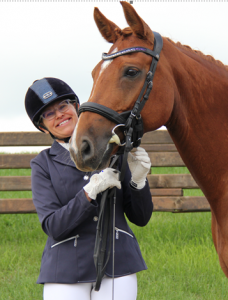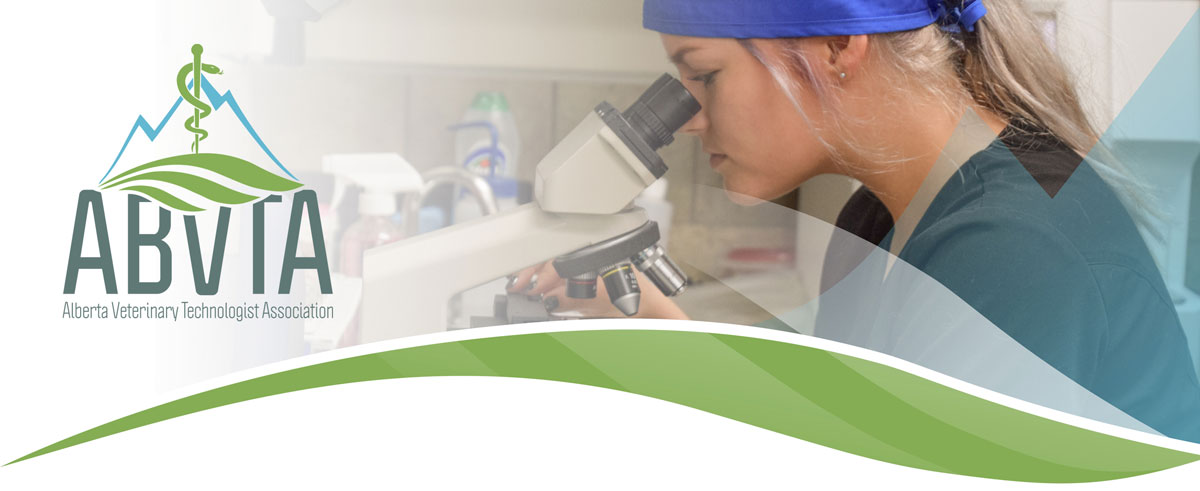Moral distress and associated injury is a concept that emerged from nursing ethics and I think applies to the veterinary world as RVTs and other veterinary professionals work under extreme pressures of the current pandemic. Moral distress and injury refers to the psychological distress that results from actions or the lack of them which violate one’s moral or ethical code. Those who develop moral injuries are likely to experience negative thoughts about themselves “I am a terrible person for being at home and not working at the clinic to help” or others “My bosses don’t care about protecting us and keeping us safe from COVID” as well as intense feelings of shame, guilt or disgust. These symptoms can contribute to the development of mental health problems, including depression, post-traumatic stress disorder, and anxiety and also affect the ability to be resilient to help work through these unprecedented times.1,2, 3
RVTs may be especially vulnerable to experiencing moral distress and related injuries during this time. A lack of resources and/or lack of clear guidance on clinic policies around physical distancing and PPE or support may mean RVTs perceive that their own health is not being properly considered by their employers and feel at increased risk of disease exposure. RVTs who have taken a voluntary leave of absence because of immuno-compromised immune systems or underlying health issues may feel guilty or shameful that they are at home while their peers and friends are working in the clinic and holding down the fort. All of you are in a dance between your professional duty and inherent altruistic nature to help patients and their owners/producers with personal fear for oneself and others. This struggle can cause moral conflict. I feel your collective heightened stress, vulnerabilities, and fear during the hugeness of this current situation. All of these feelings and emotions belong right now.
What can you do? Here are some thoughts and proactive steps:
It’s OK to talk about how you are feeling. It helps to talk with others and make sense of your thoughts and feelings of moral distress. Talking about it helps to “nip it in the bud’ before it completely consumes you and interferes with your normal day-to-day functioning. Talk about the emotional and social challenges of dealing with patients and clients and/or being self-isolated at home from work. For those of you at home, you are not to blame for being at home, everyone feels powerless when a terrible crisis hits like this one. It is normal to have feelings of guilt about not being able to fulfill responsibilities such as work. Reach out to your colleagues at work and talk about this. Talk about what is causing the feelings and thoughts and what to watch out for. Ask those at work what you can do to constructively help them, from home. Ideally these discussions are led by an experienced RVT and/or RVT supervisor. In France, senior healthcare leaders set up “Ethical Support Units” to provide a support mechanism for front line staff. There is good evidence that this type of social support is generally protective for mental health, which helps to provide resiliency and growth within and out of these tough times. Group counseling and peer support is offered free to all Canadians through a partnership with Homewood Health and Health Canada.
To sign up and get started visit https://ca.portal.gs/
If informal support does not help, professional help should be sought early on. Contact Homewood Health (contact info is below, or visit your ABVMA Member’s Portal) to set up time to talk with a counselor. Ask to talk with a counselor who has experience dealing with moral distress in healthcare providers.
Those in leadership roles should be encouraged to proactively ‘check in’ with their teams, offer empathetic support and encourage help-seeking where necessary including referrals to an Employee Assistance Plan (EAP), such as Homewood Health offered to all ABMVA Members.
Regardless of your role, when you notice a team member who is avoiding situations and/or becoming overly distressed, sensitively talk with them and offer support and/or referral to Homewood Health EAP.
These are extraordinary times and there are pressing tasks to do every day, both at home and at work. It is OK to pay attention to your own self-care during this time. I can get how self-care may feel counter-intuitive. You are trained and socialized to put away your emotions and feelings to help others. Self-care is not a selfish escape from reality. Research shows that self-care and taking time to ourselves helps us regulate our emotions so we can better attend to our needs, pay attention to others, and offer them care when needed. Remind yourself that the intensity of the emotions and feelings are not permanent, the intensity will come and go. Homewood Health wrote an excellent handout on support for First Responders, Front Line Workers and Public Facing Employees.4 (put as superscript) The handout reminds us about five practical ways to build resilience to help to rebound from the rollercoaster of stress and distress during COVID. Create and use a support system, do your self-care (put your oxygen mask on first before helping others), be easy on yourself, rationally make decisions, and find ways to distract yourself and re-build your energy. It is important to nourish yourself to help safeguard morale and mental health and those of your fellow RVTs to help everyone find a pathway back to steadiness.
Resources:
For ABVMA members, Homewood Health Services can be accessed 24 hours a day, 7 days a week:
1-800-663-1142, TTY: 1-888-384-1152, International (call collect): 604-689-1717, online: https://homeweb.ca
In addition to the services available to registered ABVMA members, Homewood Health is currently offering their digital support services for free to all Canadians in partnership with Health Canada. Wellness Together Canada provides tools and resources to help get Canadians back on track. These include modules for addressing low mood, worry, substance use, social isolation and relationship issues.
To learn more about Wellness Together Canada visit: https://ca.portal.gs/.
Wellness Together offers immediate and free support for all Canadians.
Youth: Text WELLNESS to 686868
About the Author
 Dr. Kathy Keil studied cognitive and neuropsychology in her undergraduate and graduate psychology degrees prior to attending veterinary school at the Ontario Veterinary College. As a veterinarian she has experience in equine, bovine, and companion animal practice in addition to 15 years of experience in the veterinary pharmaceutical industry including her current role as a technical services veterinarian with Merck Animal Health Canada. She is not a licensed psychologist. She has training in Mental Health First Aid, safeTALK suicide awareness, ASIST suicide intervention, Mindful Self-Compassion and is licensed to teach safeTALK suicide awareness. She regularly teaches suicide awareness and basic intervention skills to veterinary professionals and mindful strategies to help them take care of their own mental well-being. She is a member of the Alberta and Canadian Veterinary Medical Association Member Wellness Committee and the leading force behind the Merck-Canadian Veterinary Medical Association “It’s Time to Talk about Mental Health in Vet Med” Awareness Campaign.
Dr. Kathy Keil studied cognitive and neuropsychology in her undergraduate and graduate psychology degrees prior to attending veterinary school at the Ontario Veterinary College. As a veterinarian she has experience in equine, bovine, and companion animal practice in addition to 15 years of experience in the veterinary pharmaceutical industry including her current role as a technical services veterinarian with Merck Animal Health Canada. She is not a licensed psychologist. She has training in Mental Health First Aid, safeTALK suicide awareness, ASIST suicide intervention, Mindful Self-Compassion and is licensed to teach safeTALK suicide awareness. She regularly teaches suicide awareness and basic intervention skills to veterinary professionals and mindful strategies to help them take care of their own mental well-being. She is a member of the Alberta and Canadian Veterinary Medical Association Member Wellness Committee and the leading force behind the Merck-Canadian Veterinary Medical Association “It’s Time to Talk about Mental Health in Vet Med” Awareness Campaign.
